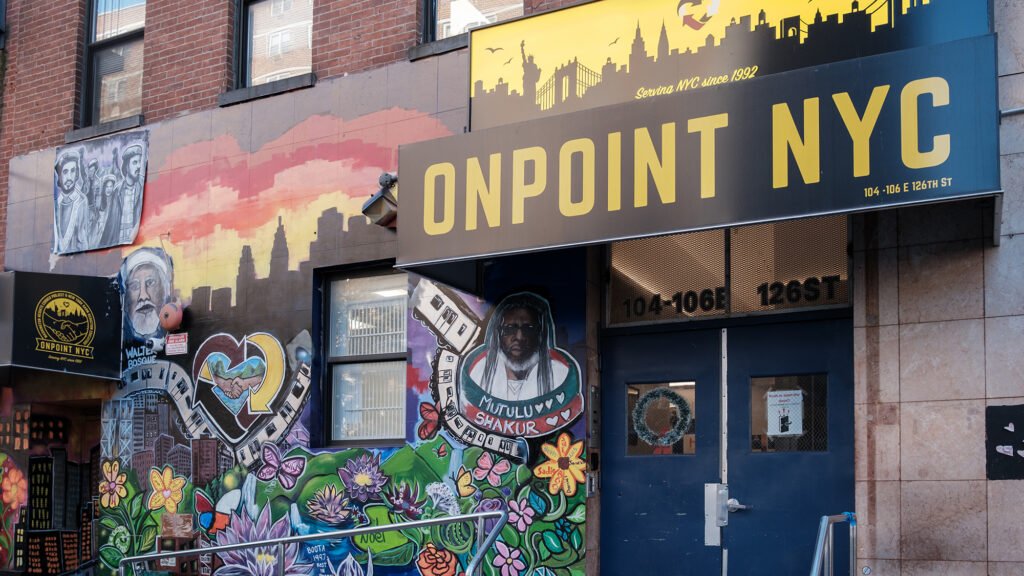President Trump Takes Aim at Supervised Drug Consumption Sites
President Trump has made a bold move to withhold funds from supervised drug consumption sites and even consider criminal penalties against them, marking a significant shift in his stance on substance use and addiction. This new position was revealed in an executive order issued on Thursday, which vowed to cut funding for programs that are deemed ineffective, including harm reduction efforts like safe consumption sites that are believed to enable illegal drug use and its associated harms.
Harm reduction is a philosophy aimed at minimizing the negative consequences of substance use without requiring complete abstinence. This approach includes initiatives such as providing sterile syringes to injection drug users to prevent the spread of diseases like HIV and hepatitis. While some forms of harm reduction have gained acceptance, supervised consumption sites, also known as safe injection sites, remain controversial. These sites offer not only sterile supplies for drug use but also supervision from trained professionals who can administer lifesaving interventions like naloxone in case of an overdose.
Currently, there are only three supervised consumption sites operating in the United States, two in Manhattan run by OnPoint NYC and one in Rhode Island. OnPoint NYC, which has been operating its overdose prevention centers since 2021, claims to have reversed approximately 2,000 potentially fatal drug overdoses in the last four years. The executive order seems to directly target OnPoint, as the site in Providence, R.I., is authorized by state law and has received minimal federal funding.
Progressive groups advocating for individuals experiencing homelessness or substance use have criticized Trump’s executive order, arguing that harm reduction programs save lives and should be supported. The order threatens to cut grants from SAMHSA and initiate reviews of federally funded programs that offer supervised consumption services or distribute drug paraphernalia. The administration’s interpretation of drug paraphernalia and its potential impact on less controversial harm reduction programs like syringe exchange remains unclear.
The debate over harm reduction’s role in drug policy intensifies with Trump’s latest move, as the administration argues that these programs may hinder efforts to promote treatment, recovery, and self-sufficiency. While some critics welcome the stance as a necessary reform, advocates of harm reduction emphasize the importance of these programs in keeping individuals safe and healthy, regardless of their readiness to stop using drugs.
OnPoint NYC emphasizes its inclusive services, noting that while recovery is not the primary goal, many participants eventually seek out detox programs or medication-assisted treatment after engaging with the organization’s comprehensive support services. Meanwhile, a federal court ruling in Pennsylvania has allowed a nonprofit in Philadelphia to argue that its proposal for supervised consumption services is protected under religious freedom, further highlighting the complex legal landscape surrounding harm reduction initiatives.
As the debate over harm reduction and supervised consumption sites continues, it is clear that these programs play a crucial role in saving lives and reducing harm in communities affected by substance use. The ongoing pushback from the federal government underscores the need for continued advocacy and support for harm reduction efforts to address the complex challenges of addiction and overdose.


